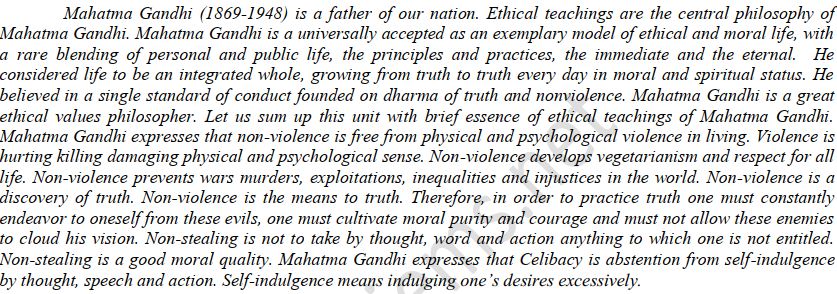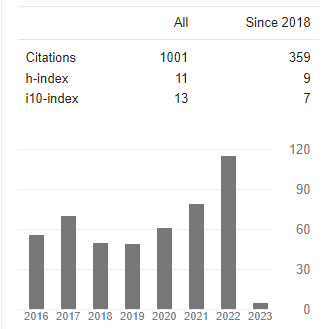GANDHIAN PHILOSOPHY WITH PROSPECT TO THE WORLD PEACE
Abstract
Mahatma Gandhi (1869-1948) is a father of our nation. Ethical teachings are the central philosophy of Mahatma Gandhi. Mahatma Gandhi is a universally accepted as an exemplary model of ethical and moral life, with a rare blending of personal and public life, the principles and practices, the immediate and the eternal. He considered life to be an integrated whole, growing from truth to truth every day in moral and spiritual status. He believed in a single standard of conduct founded on dharma of truth and nonviolence. Mahatma Gandhi is a great ethical values philosopher. Let us sum up this unit with brief essence of ethical teachings of Mahatma Gandhi. Mahatma Gandhi expresses that non-violence is free from physical and psychological violence in living. Violence is hurting killing damaging physical and psychological sense. Non-violence develops vegetarianism and respect for all life. Non-violence prevents wars murders, exploitations, inequalities and injustices in the world. Non-violence is a discovery of truth. Non-violence is the means to truth. Therefore, in order to practice truth one must constantly endeavor to oneself from these evils, one must cultivate moral purity and courage and must not allow these enemies to cloud his vision. Non-stealing is not to take by thought, word and action anything to which one is not entitled. Non-stealing is a good moral quality. Mahatma Gandhi expresses that Celibacy is abstention from self-indulgence by thought, speech and action. Self-indulgence means indulging one’s desires excessively.
Downloads
References
Basant Kumar Lal. Contemporary Indian Philosophy. Delhi: MotilalBanarsidass publishers 2005.
C.D. Sharma. Critical Survey of Indian Philosophy. Delhi: Motilalbanarsidass publishers 1987.
Mahatma Gandhi. The Collected works of Mahatma Gandhi. Ahmedabad: Navajeevan publishers 1980.
Mahatma Gandhi. The Story of My Experiments with Truth, Ahmedabad: Navajeevan publishers, 1990.
Mahatma Gandhi. Basic Education. Ahmedabad: Navajeevan publishers 1985.
Singh Mandeep; Evaluation And Improvement Of Sports Techniques Through Biomechanical Updated Analyzing Technology; University News, Journal of Higher Education Association of Indian Universities; Vol.48 No.05, Feb 01-07, 2010,pp.54-57
Singh Mandeep; Analysis Of Set Shot In Basketball In Relation With The Time To Perform The Course And Displacement Of Center Of Gravity; American Journal of Sports ScienceUSA; Vol.2 No.5
Singh Mandeep; A Study Of Aggression Among Adolloscent National Players In Relation To Sex, Famly And Ordinal Position; Journal of Sports, Physical Education Allied and Alternative Sciences; Vol.01 No.01 July2010,pp 50-55















